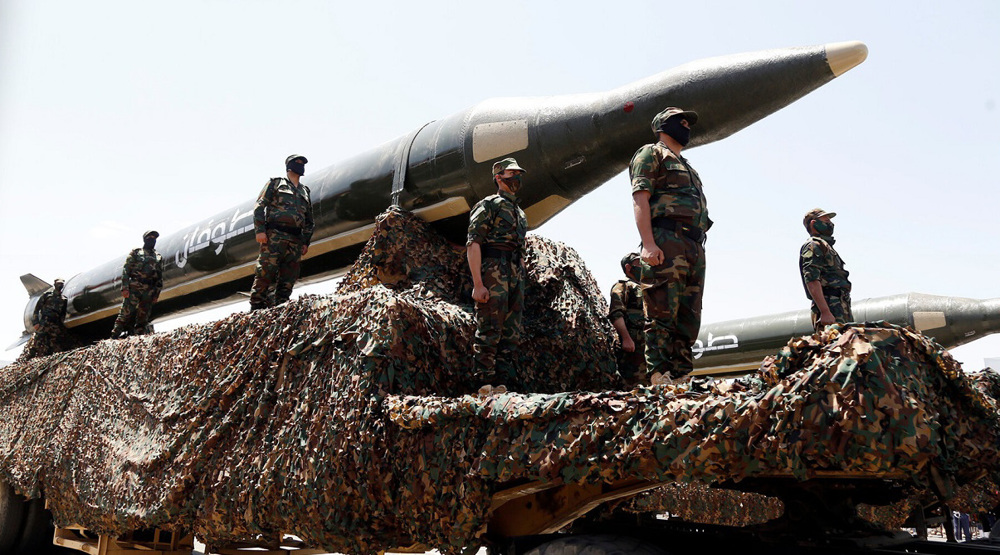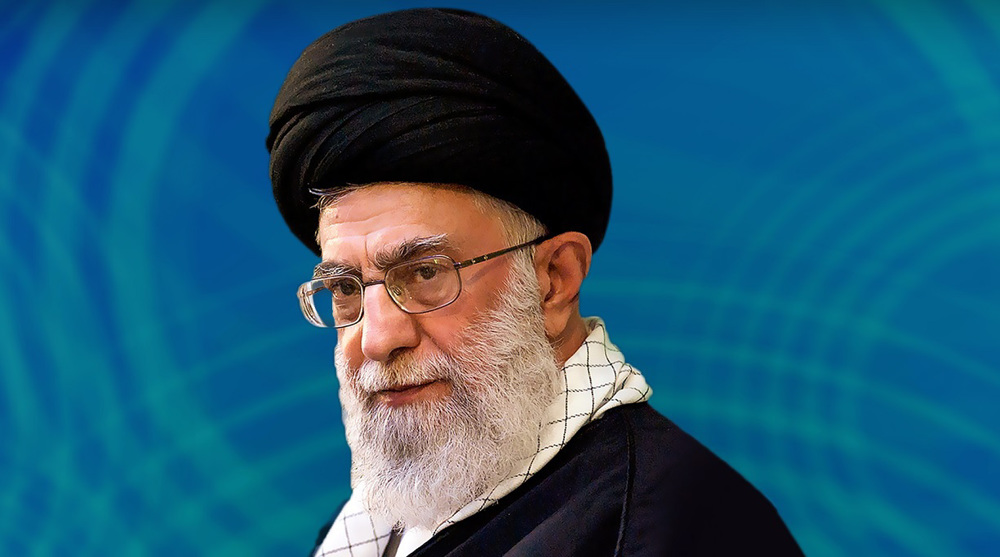Hong Kong, Gaza, Yellow Vest Protests – Media Manipulation and Double Standards
Robert Inlakesh
Press TV, London
The ongoing protests against Hong Kong authorities have hit headline news in the UK month after month, with favorable coverage towards the demonstrators and their cause. Whilst in the background, demonstrations are currently ongoing in both the Gaza Strip and France.
Despite some of the similarities in all these demonstrator movements, all of them being long enduring, the Hong Kong demonstrations have been the only protest movement of the three which seems to be an enduring headline on UK media.
In the wake of more favorable coverage of the Hong Kong demonstrations, we have decided to investigate the protest coverage through a comparative look at the three movements and have also taken to the streets of Britain’s Capitol to find out how the public had been influenced. First we asked about what they thought of the Hong Kong demonstrations and whether they were in favor or not.
Following this, we asked the public what they have seen on both UK mainstream television and also online coverage of the ‘Great Return March’ demonstrations in the Gaza Strip, as well as the Yellow Vest Movement in France.
If consistent, mainstream media outlets in the UK should have given the same support to both Gaza and France’s protests, but didn’t. They also were found to have used technically incorrect language, such as ‘border’, ‘terror threats’ and ‘riots’ to smear protesters in Gaza, whilst refusing to show adequately the side of the Hong Kong authorities.
Interestingly, the statistics show the following. The death toll in Hong Kong comes to a total of 10, all by suicide. Whilst in Gaza, over 330 protesters were killed by the Israeli military. In France there have been at least 11 deaths linked to the demonstrations. None of the security/ occupation forces have been killed in any of the protests.
Hong Kong’s protests started in March, 2019. Gaza’s demonstrations started in March 2018. Whilst France’s protests started in October of 2018.
With Hong Kong’s demonstrations being the least violent and the shortest of all three examples used here, why is it that they have so far received the most frequent and favorable coverage? Could this be, as analysts argue, that the UK media is working for the benefit of special interests groups and is engaging in disingenuous reporting.
Qassam Brigades claims killing 3 Israeli troops in northern Gaza
More alive than ever: Sayyed Hassan Nasrallah's legacy grows stronger in martyrdom
Occupation of Syria’s highest peak Mount Hermon part of ‘Greater Israel’ project
Iran: Syrian people will decide their future without foreign interference
IRGC says Iran’s power exceeds borders, warns enemies to adjust themselves
Dozens detained, several wounded in Israeli raids in West Bank
‘Ethnic cleansing’: Hamas blasts Israeli attacks on Gaza hospital amid intl. silence
Saudi delegation meets HTS leader at presidential palace in Damascus









 This makes it easy to access the Press TV website
This makes it easy to access the Press TV website